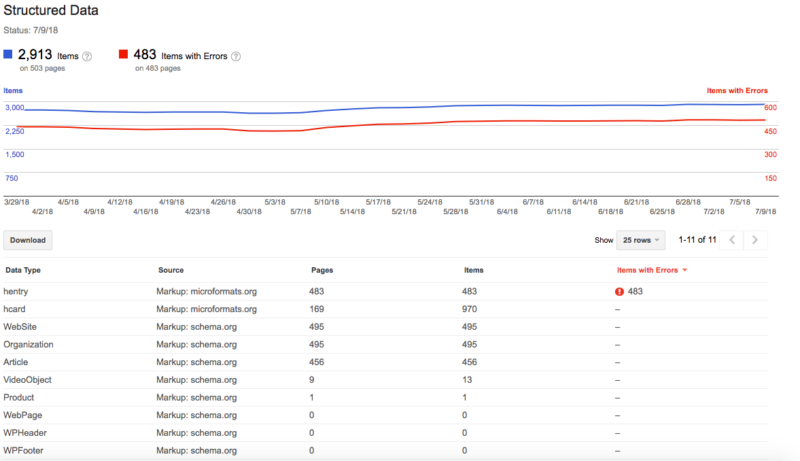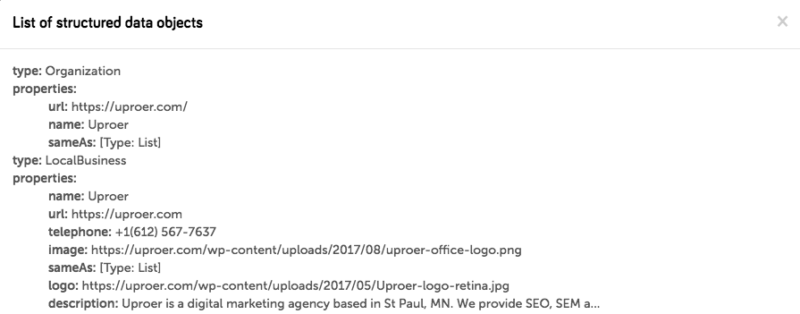Table of Contents
Adding structured data to your website is rapidly becoming an industry best practice, as it allows search engines to more effectively understand your website and use this information to add rich snippets and other features to your search result.
If you've already implemented structured data using a schema markup generator, you're halfway there. The next crucial step is testing your data. Here are the best free schema markup testers for you to use:
1. Schema.org's Structured Data Testing Tool
Have you been a big fan of Google's Structured Data Testing Tool? We certainly have. In 2020 Google announced that they would be sunsetting the tool and many folks in the SEO community were bummed about it.
But thankfully, instead of being completely shut down, the tool was moved to Schema.org in May 2021. It retains all the functionality and simplicity previously found in Google's version. Just enter your URL into the "Fetch URL" portion or a piece of code with "Code Snippet", then run the test. Look for these items:
- What structured data does your page have?
- Does your page contain any errors or warnings?
- What are the details of the errors or warnings?

Having just one error could cause Google to not read your markup. Often, the error is in relation to a missing or erroneous piece of code. Errors differ from warnings, and warnings are typically less serious.
For example, just because you see a warning about missing a recommended field, this does not mean Google will ignore your markup. There are many cases to leave out certain information from your markup e.g. not disclosing a price range for your services. Missing code will flag as an error instead of a warning if it's essential.
2. Google Search Console's Structured Data Report
Google offers this schema markup report in addition to its Structured Data Testing Tool to give you a complete overview of your site's schema markup. If your site is set up with Search Console, you can see the exact number of structured data items on your entire site, not just one specific URL. This allows you to tackle errors comprehensively instead of one-by-one.

To use the Structured Data Report, log into your site's Google Search Console, click "Search Appearance" and then "Structured Data" to see your report.
3. Yandex.Webmaster's Structured Data Validator
This structured dating testing tool is slightly less beginner-friendly than Google's, but offers the unique perspective of how the microformat parser processes your page. To use this tool, enter the webpage URL or HTML code fragment, click "Check" and look over the results. This tool also displays errors, so make sure to check those out as well.
4. SEO SiteCheckup's Microdata Schema Test
The simplicity of this schema markup tester ensures that even the most beginner of webmasters can use this. This tool differentiates itself from the rest by allowing you to compare your site's markup to a competitor. Get started by entering your URL (and the URL of your competitors, if you wish).
The primary con of this tool is that if you want to continue using it for free, you only get to test one batch of URLs per hour. However, it's still a great schema testing tool to keep in your back pocket.

Checking your structured data with multiple tools is a best practice for successful implementation. These 4 schema markup testers will help you double-check (or triple, or quadruple-check) your structured data and hopefully earn you those elusive rich snippets.

